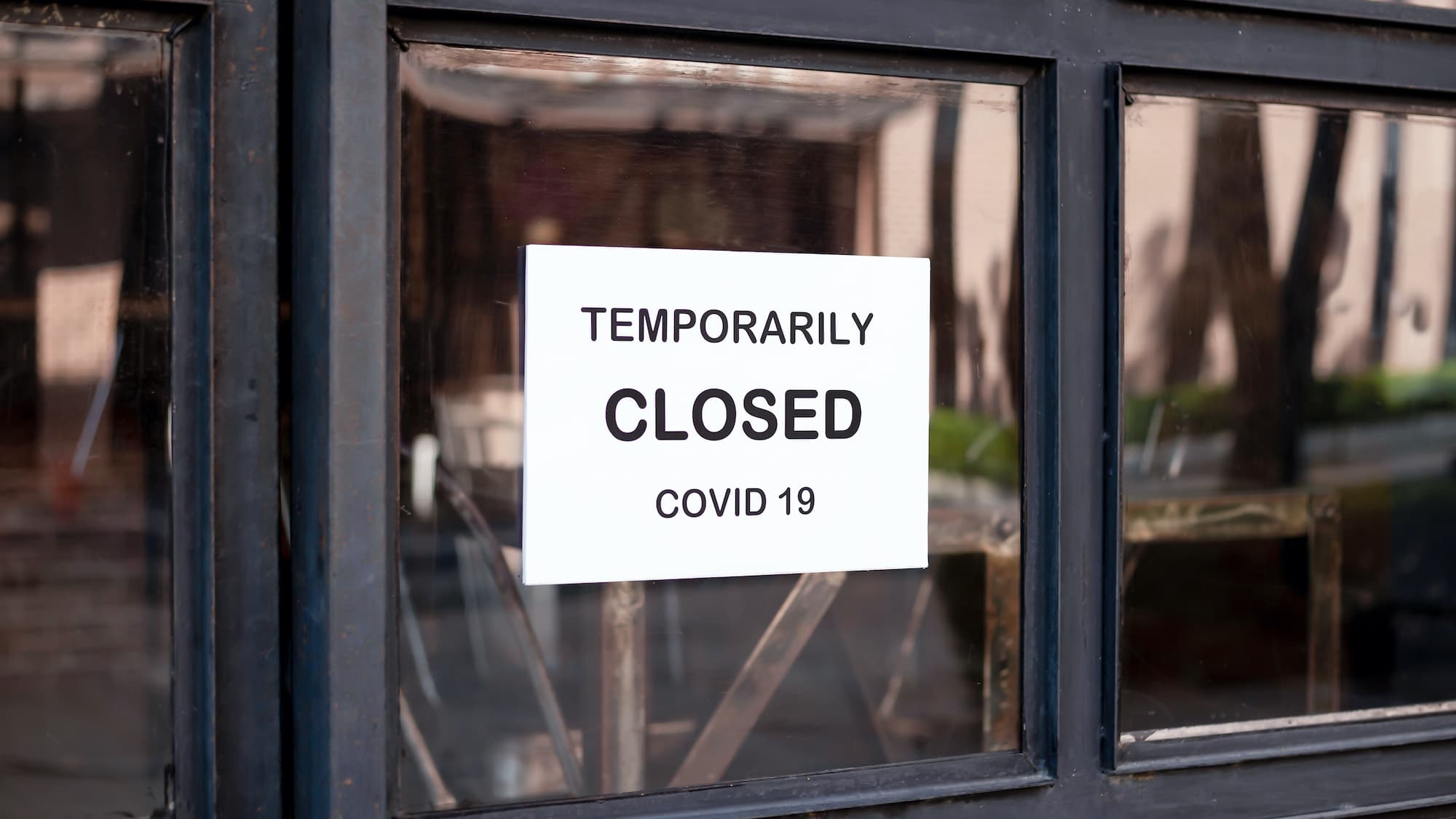
Although we remain cautiously optimistic for 2022, the worry and threat of another lockdown never seems far away. Whilst the vaccine has given us hope for a return to some normality, the impact of Covid-19 on our economy still offers serious financial implications of future nationwide lockdowns and operational restrictions.
The effect on businesses by pending lockdowns leave us uncertain as to whether we once again, may have to close some industries or work at reduced capacity. Finance has been at the root of most worries, and whilst the government support packages provided a lifeline for many, we look at other ways we can ride the storm and emerge the other side in the event of further restrictions.
Invoice financing
The manufacturing industry tends to be one of the first to suffer in an economic downturn. As orders are cut back, the incomes of manufacturing firms dwindle while costs will largely remain the same. Then there are the problems of late payments in the industry and payment terms that can stretch to 60, 90 and even 120 days. This makes it difficult to pay regular expenses such as rent, leases and bills from suppliers.
Depending on the type of business you’re running, you may find invoice financing a viable option for borrowing money in the shorter term. Invoice financing is based entirely on the amount owed to a business by outstanding invoices and is particularly good at easing cash flow to over things like wages and short-term outgoings. Invoice financing gives businesses instant access to any money owed, without the typical payment terms of invoices.
Asset financing
Asset financing has become the preferred finance choice within manufacturing and construction because of the advantages this type of finance has for high cost purchases including plant equipment, commercial vehicles, scaffolding equipment and other costs. Also known as asset-based lending, asset financing is a great alternative for businesses that have physical assets such as vehicles, commercial property or machinery that has high value.
Asset financing can offer larger businesses more flexibility when it comes to financing as the overall loan amount is based on a number of assets and balance sheets, not just one aspect of the business. As well as spreading the cost of acquiring new equipment and protecting existing lines of credit, asset finance agreements can often be offset against pre-tax profits.
Revolving credit facilities
A revolving loan or line facility allows a business to borrow money as needed for funding working capital needs and continuing operations. A revolving line is especially helpful during times of revenue fluctuations since bills and unexpected expenses can be paid by drawing from the loan.Revolving credit is a credit account that lets you repeatedly borrow money up to a set limit and pay it back over time and could give businesses the much needed financial cushion for emergencies and help should we face further pending lockdowns or uncertainty.
For further advice and assistance on the effect on business by pending lockdowns and any commercial finance enquiries, please contact us here.
